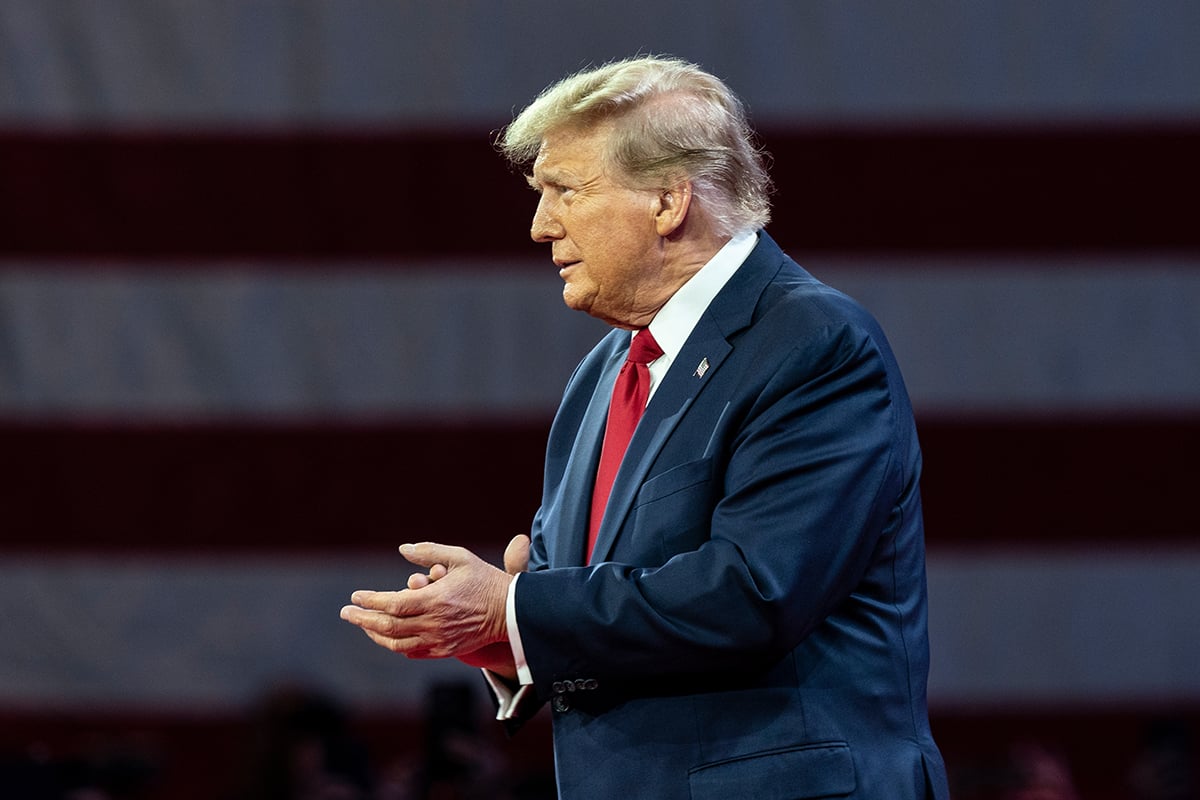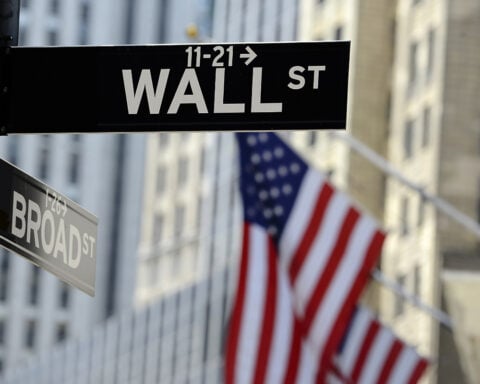In a striking display of market dynamics, shares in the company behind Donald Trump’s Truth Social platform surged by a third, reflecting a broader investor optimism tied to the former president’s potential return to the Oval Office. The Trump Media & Technology Group emerged as one of the most actively traded stocks on Wall Street during Monday’s session, marking the first opportunity for investors to react to the assassination scare Trump experienced on Saturday night.
This surge saw Trump Media’s stock climb 30% at the market open, signaling robust investor support. The broader US stock market also rallied, driven by what market commentators referred to as a ‘Trump trade’. The anticipation of a significant sympathy vote for Trump, who is transitioning from former president to presidential hopeful, has led investors to price in an increased likelihood of his winning a second term in the upcoming November election.
The overall market sentiment was buoyant, with the S&P 500 and the Dow Jones Industrial Average both reaching new record highs. This optimism was fueled by hopes for investor-friendly policies, such as extended tax cuts and looser regulation, should Trump secure re-election. Market strategists highlighted the day’s narrative resting heavily on the ‘Trump Trade’, with many investors believing that the weekend’s events have bolstered Trump’s chances of returning to office.
Analysts suggested that the shooting incident might also have the potential to cool the heated political climate in the US. Before the incident, Trump was already gaining momentum post-debate, and the weekend’s events have only solidified the certainty among some market participants that he will win in November. This renewed focus on Trump’s campaign has led to speculation that President Biden might find it increasingly challenging to step down, despite the unfolding events.
Trump’s recent statements about unifying the country have added another layer of complexity to the political landscape, with some predicting a shift in the national discourse. However, while the US markets reacted positively, the mood was less optimistic across the Atlantic.
In the UK, the FTSE 100 closed down by almost 0.9%, settling at 8,182. The drop was largely driven by significant declines in specific sectors. Burberry, the renowned luxury brand, saw its shares plummet by 16% following a weak trading update that led the company to cancel its dividend. The downward trend in the FTSE 100 was further exacerbated by declines in miners and financial stocks, which collectively weighed on the index.
This contrasting market response highlights the differing economic and political landscapes between the US and the UK. In the US, investor enthusiasm is linked to the potential for a Trump-led administration that promises regulatory relief and tax cuts, which are perceived as positive for business. In contrast, the UK market faced sector-specific challenges that overshadowed any broader political optimism.
The recent market movements underscore the intricate interplay between political events and investor sentiment. As Trump navigates his way back into the political arena, the stock market’s reaction serves as a barometer of his influence and the potential economic policies that could follow his return to power. Investors are clearly positioning themselves for a scenario where Trump’s leadership could bring about significant changes in the regulatory and economic environment.
As the November election approaches, the markets will continue to respond to the evolving political landscape. For now, the ‘Trump Trade’ remains a key driver of market sentiment, reflecting the former president’s enduring impact on investor expectations and the broader economic outlook.







